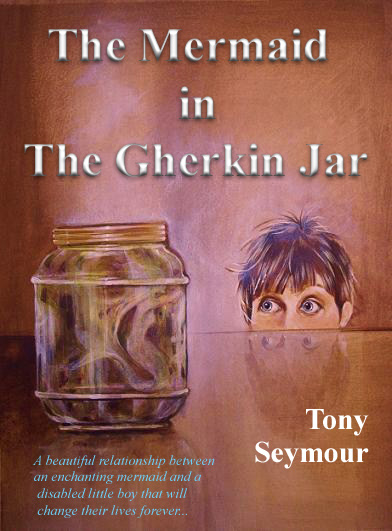
Last week saw the circulation of a rather concerning news story. It centred on a custody battle between a couple and the Canadian social services over a three-week-old baby. The mother and father of the child demonstrated no history of abuse or aggressive behaviour. They had no drug problems or relationship issues. And yet, they were at risk of losing their right to care for their own son on the grounds that both parents have a disability.
Maricyl Palisoc and Charlie Wilton have had cerebral palsy since birth. Maricyl has a milder form and is able to move around without the use of a wheelchair or walker. She holds down a part time job as a cleaner and lives a full and ‘normal’ life. Her partner’s mobility is more seriously affected, necessitating the use of a walker. Neither suffer from any cognitive impairment, although the condition does cause them to slur their speech.
After trying for a baby for three years, the couple celebrated the birth of their son, William Wilton, a healthy, happy little boy. However, their joy was short-lived.
In what can only be regarded as a highly embarrassing, not to mention deeply unnerving act of disability discrimination, Charlie and Maricyl found themselves having to persuade the Peel Children’s Aid Society (“CAS”) in Ontario that they were capable of watching over their son . The CAS threatened to remove the newborn child from his parents care as it was not convinced they could guarantee his welfare and safety. Indeed, social workers at the hospital where Maricyl gave birth, voiced their concerns to the CAS before her son was even born.
Despite support from the Coalition for Persons with Disabilities (“CPD”), the couple were forced to attend a lengthy meeting with the CAS where they were expected to adhere to certain conditions before being permitted to keep their son.
These caveats included an assurance that an “able-bodied person” would be on hand to offer 24-hour assistance. This proviso came despite the fact that both parents are more than physically capable of looking after their son and benefit from family support.
Finally, on Friday of last week, after a meeting which ran for several hours, the CAS were at last willing to let mother and father return home with little William. A plan had been formulated between the CPD and ‘Ableliving’, a support group that provides assistance to adults with disabilities, which appeased the Canadian social services.
Though Maryicel and Charles were understandably over the moon, the events of the last few weeks must have done little to inspire confidence in the Canadian social services among disabled parents.
Quite apart from the emotional strain placed on Charlie and Maricyl, the fact that the couple’s ability to care for their son was called into question in the first place illustrates a clear lack of understanding of conditions such as cerebral palsy. The Executive Director of CPD criticised the CAS. “There needs to be more education,” she claimed, adding “Essential services like CAS need to make sure that their workers are experienced and have exposure to persons with disabilities, so they can more adequately see the ability that also accompanies the disability.”
More critically, the case of Maricyl and Charles revealed an inherent prejudice against disabled people, which is far more worrying. The fact that the CAS could jump to the wrong conclusion is deeply unsettling and must surely send out a ripple of unease to any disabled parents considering starting a family.
The CAS admittedly relented in this instance, but its agreement came subject to certain requirements, not least the provision of round the clock care at the cost of $2,000 a week. Furthermore, it is unclear whether the couple will be forced to undergo subsequent assessments, where the threat of losing their son will have to be endured once more.
In an age where modern society should be developing a greater understanding of disability, this episode reveals a very damaging degree of ignorance among organisations who are entrusted to make key decisions on a child’s future. Yes, the correct decision was finally reached, but to regard the outcome as a success would be misleading.
A hard fought victory for common sense this case may be. A reassuring signal to disabled parents it is certainly not.
